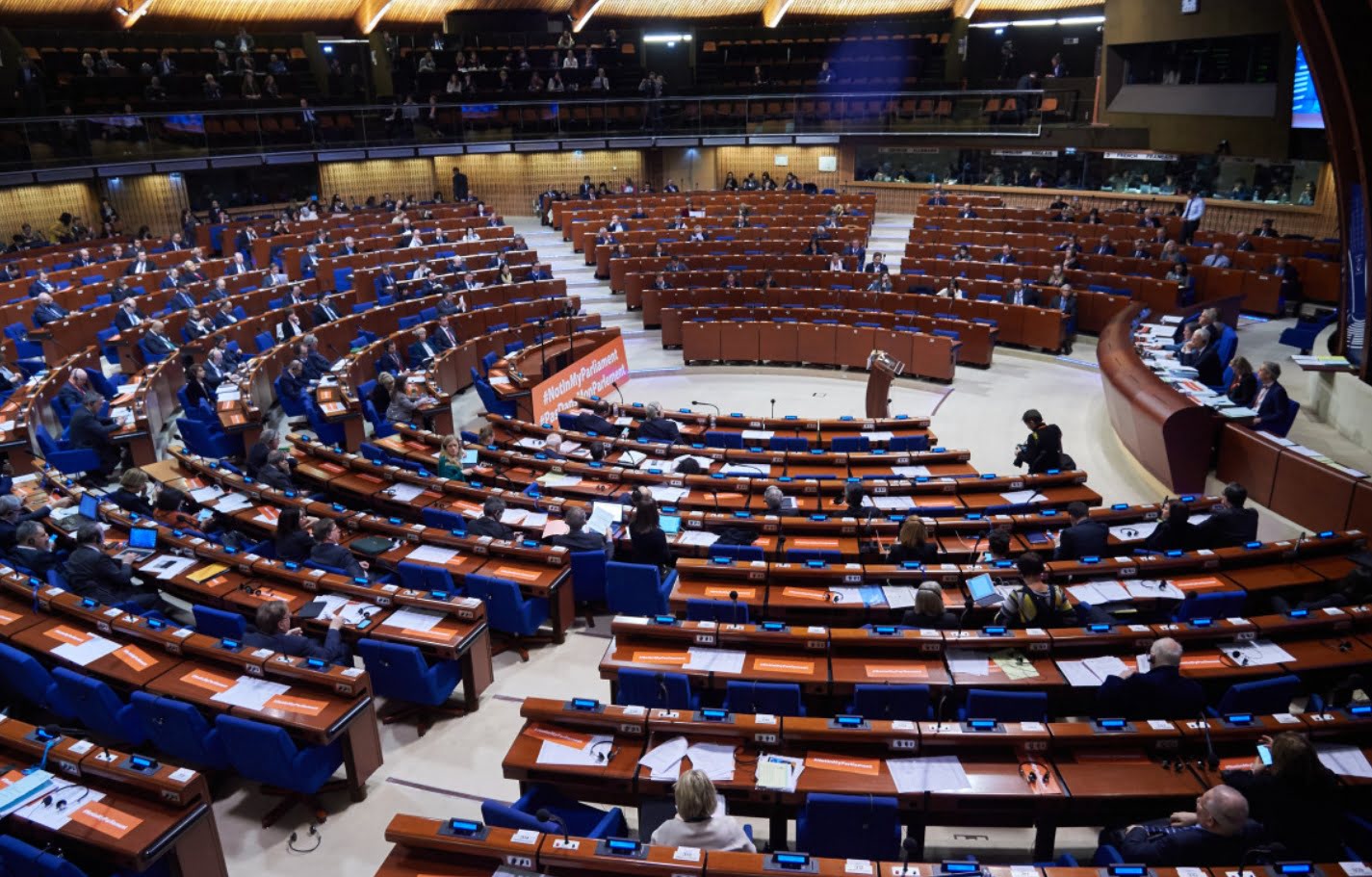
Georgia in PACE Monitoring Committee 2021 Report
The Monitoring Committee of the Parliamentary Assembly of the Council of Europe (PACE), has issued a 2021 report, which identifies the tense and polarized political climate “undermining the democratic consolidation” of Georgia as the key point of concern in its chapter on the country.
The report, evaluating political developments in eleven countries – including Georgia – also reviewed the “regrettable” breakdown of the EU-mediated April 19 deal and raised concerns over shortcomings the strengthening of the judiciary independence and impartial administration of justice.
The document, dated January 10, was prepared by Michael Aastrup Jensen (Denmark, ALDE). The PACE will hear the report on January 28 and vote on its draft resolution, highlighting the progress and shortcomings uncovered during the monitoring.
April 19 deal, political polarization
The document stated the April-19 agreement – brokered by European Council Charles Michel – “did not end the considerable polarization in the political environment in Georgia or lead to a renewed sense of constructive co-operation between the opposition and ruling majority inside the parliament.”
It also noted the “regrettable” withdrawal of the ruling Georgian Dream party from the agreement on July 28, 2021.
The report highlighted however the adoption of the EU-brokered electoral reforms resulted among others in a new, more pluralist election administration for the local polls in October 2021, as well as new provisions for drawing up summary protocols and handling complaints.
But the PACE document highlighted that the provision of the agreement stipulating that snap parliamentary elections shall be called if GD received less than 43% in the local polls “turned the elections into a de facto plebiscite on the ruling party and led to an extremely polarized election environment.”
The monitoring report also shared the myriad of concerns raised by the joint election observation mission of the OSCE Office for Democratic Institutions and Human Rights (ODIHR), the Council of Europe Congress of Local and Regional Authorities, and the European Parliament (EP) in their report.
In particular, it cited concerns over the allegations of pressure on voters, vote-buying and an unlevel playing field in favor of the incumbent authorities, as well as over the national political debate overshadowing local issues and resulting in “increasingly aggressive rhetoric with cases of violence and physical confrontation.”
The PACE report pointed out that the polarization of the political environment worsened during the second round of the local elections. Citing local observers, it highlighted that as a result of the polarization and alleged abuse of administrative resources the outcomes in races with narrow margin victories could have been affected.
The report called on the authorities to “fully and transparently investigate all allegations of electoral misconduct and take all measures needed to ensure that the public would trust in the fairness of the election system.”
This, according to the document, is “especially important in the context of the low public trust in the judiciary, which could have an impact on the trust in the election complaints resolution mechanisms which depend on the court system.”
Concerns over the judiciary
The report namechecked the High Council of Justice, the body overseeing Georgia’s judicial system, as “a key obstacle for the independence of the judiciary” in Georgia.
It said that due to deficiencies in its working methods and a lack of transparency in its decision-making, the HCoJ in effect functions as a corporative body where a small number of key judge members are “able to control or influence” both the Council and the Judiciary as a whole.
According to the report, these judges also mostly make their decisions on basis of “corporatist self-interest.”
It also underlined the “especially problematic” role of the HCoJ in lifetime appointments of Supreme Court justices. The transparency and fairness of the process, which was renewed in the Georgian Parliament in June and concluded in December, had also been questioned by the opposition, local civil society organizations as well as international partners.
- Parliament Fills Last Vacant Top Court Seat
- EU Slams Top Court Appointments in Georgia
- Watchdogs Warn Against Electing Top Court Justices
The report underscored that the appointments were regrettable and further undermined the public trust in the independence and impartiality of the top court and the judiciary.
Also, the document stressed the appointments were carried out against “repeated recommendations of the international community and domestic stakeholders and on the basis of a clearly deficient appointment process – that in several aspects did not comply with international norms and standards process.”
Also Read:
- PACE Monitors Visit Tbilisi
- PACE Monitors Conclude Georgia Visit
- Georgia in PACE 2020 Monitoring Procedure
This post is also available in: ქართული Русский